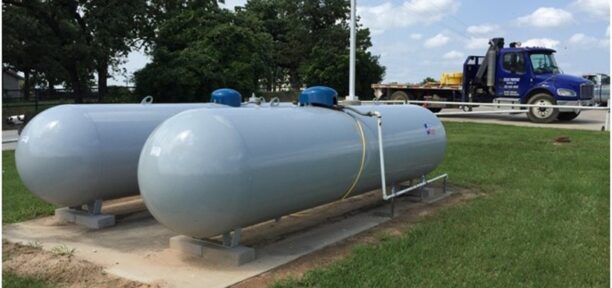How Propane Needs Vary Across Regions

The needs of propane customers can vary greatly depending on where they live. Factors such as climate, local industries, and housing types all influence how propane is used and the challenges faced by customers. Let’s take a look at how these needs differ and what propane providers can do to meet them.
Climate and Seasonal Demand
In colder regions, propane is often used for heating homes and businesses. Customers in these areas will likely have high demand during winter, requiring larger storage tanks and frequent deliveries. Propane companies need to ensure reliable supply and efficient delivery systems to meet this increased demand.
In warmer regions, propane is used more for cooking, water heating, and outdoor activities like grilling. Customers here may not need large storage tanks, but they still require a steady supply. Propane companies should focus on offering smaller tanks and flexible delivery schedules to meet these needs.
Local Industries and Applications
Different regions have unique industries that rely on propane. In agricultural areas, propane is used to power equipment, heat greenhouses, and dry crops. Farmers need propane solutions that are efficient and cost-effective to support their operations.
In urban areas, propane is often used in construction and manufacturing. It powers forklifts, heaters, and other industrial equipment. Businesses in these regions need reliable and safe propane systems to keep operations running smoothly. Propane providers should tailor their services to these industries, offering specialized equipment and support.
Housing Types and Energy Use
The type of housing can also affect propane needs. In rural areas, homes are often spread out and not connected to natural gas lines, making propane a primary energy source. These customers may require larger tanks and regular deliveries to ensure a continuous supply.
In suburban areas, propane is often used as a backup energy source or for outdoor amenities like pools and grills. Customers may need smaller tanks and less frequent deliveries. Propane companies should offer flexible plans and products to cater to these varied needs.
Meeting Customer Needs
To serve customers effectively, propane providers should understand regional differences and tailor their services accordingly. This includes offering customized delivery schedules, various tank sizes, and a choice of pricing plans. Providers should also educate customers on efficient propane use and safety practices, helping them get the most out of their energy source.
Regular communication with customers can also help providers understand their changing needs and preferences. By staying informed and responsive, propane companies can build strong relationships and provide excellent service to all customers, no matter where they live.













